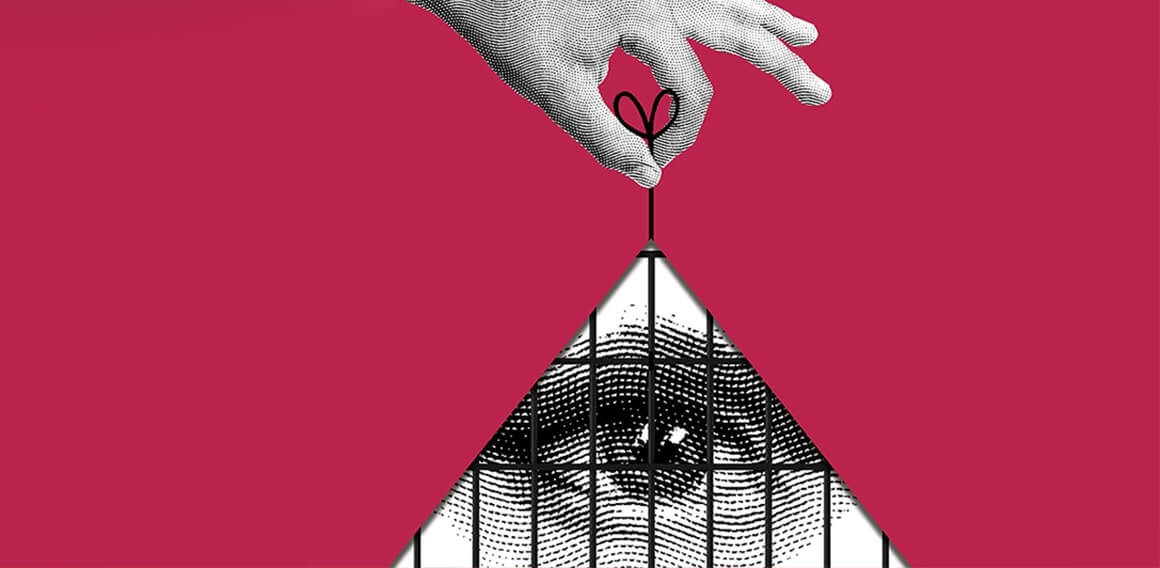
Empowerment is a beautiful word. It conjures images of women standing tall, shattering ceilings, and claiming spaces they were once denied. Yet beneath this powerful narrative lies an unspoken truth — a shadow that few dare to address.
1. The Pressure to be ‘Empowered’ — The Silent Trap Empowerment today often comes wrapped in invisible chains — the pressure to constantly prove strength, independence, and success. Women are expected to excel in careers, master self-care, sustain thriving relationships, and maintain perfect homes. The narrative shifted from “Can women do it all?” to “Women must do it all.”
This unseen burden has created a new kind of oppression — one where burnout, anxiety, and self-doubt thrive behind Instagram-perfect lives. Empowerment is no longer about liberation; it’s about performance.
2. Trading Authenticity for Authority In the quest to claim power, some women unconsciously adopt masculine traits — hyper-competitiveness, dominance, and emotional detachment. While these qualities can be valuable, they sometimes create a disconnect from feminine strengths like intuition, compassion, and vulnerability.
Power without authenticity leads to internal conflict. Many women who rise through corporate ladders often feel empty, emotionally fatigued, or disconnected from themselves. The belief that empowerment requires suppressing softness is a dangerous myth — one that fractures inner peace.
3. The Rise of the ‘Empowered Bully’ Empowerment narratives can sometimes embolden individuals to adopt aggressive, self-serving behaviors masked as strength. “I don’t need anyone” or “I only look out for myself” becomes a toxic mantra. In this distorted version of empowerment, some women inadvertently mimic the very power structures they once sought to dismantle — power rooted in control rather than collaboration.
This shadow form of empowerment can manifest in friendships, workplaces, or even in family dynamics — where dominance is confused with influence.
4. The Exploitation of Feminism in Marketing Modern marketing exploits the empowerment movement, turning it into a commercialized concept. Brands push “empowered” messaging to sell products — lipsticks that promise confidence, clothing that guarantees boldness, or fitness plans marketed as empowerment journeys. While these campaigns seem inspiring, they subtly reinforce the idea that empowerment is something you buy rather than embody.
5. Emotional Bypassing in Empowerment Spaces Many empowerment circles celebrate positivity while bypassing real wounds. “Good vibes only” can silence women who are grappling with grief, trauma, or failure. The pressure to stay relentlessly optimistic can suppress authentic healing, forcing women to bury their pain beneath a false mask of strength.
6. The Inner Saboteur — How Empowerment Becomes Self-Sabotage The biggest trap is when empowerment narratives unconsciously tell women they must reject dependence, softness, or vulnerability — elements essential for genuine self-trust and inner strength. In trying to become everything, many women forget the power of surrender, balance, and asking for help.
Why Does This Happen?
- Cultural Conditioning: Generations of suppression have conditioned women to overcompensate when claiming power.
- Fear of Failure: Women who’ve fought hard for their place may cling to control, fearing that vulnerability will unravel their achievements.
- Unhealed Trauma: Empowerment without addressing deep-seated wounds often breeds defensiveness or hyper-independence.
Breaking Free — The True Essence of Empowerment
Real empowerment isn’t about relentless achievement or projecting strength at all costs. It’s about balance — embracing ambition and stillness, confidence and vulnerability, leadership and surrender.
- Embrace Wholeness: Empowerment thrives when women integrate their feminine and masculine energies. Power doesn’t require self-abandonment.
- Redefine Success: True empowerment isn’t about meeting societal expectations — it’s about defining your own.
- Embrace Rest as Resistance: The boldest act of empowerment can sometimes be stepping back, saying “I don’t have to prove myself today.”
Conclusion
Empowerment isn’t a finish line — it’s an evolving journey of self-trust, boundary-setting, and authenticity. To rise in true power, women must reclaim the courage to be whole — not perfect. The shadows of empowerment reveal that strength isn’t about domination — it’s about liberation from the pressure to perform.
Empowerment isn’t something you earn; it’s something you reclaim. And for that, you owe no one an explanation.






















